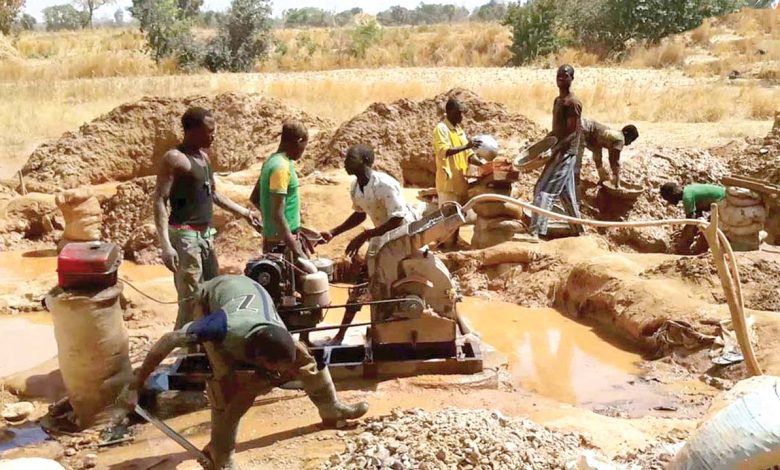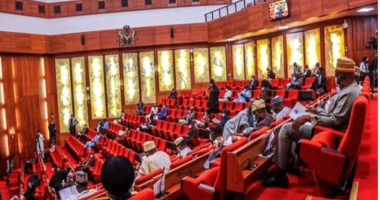Illegal sand and laterite mining pose a multifaceted threat to Ogun State, disrupting the environment and local livelihoods. These unauthorised activities continue to degrade ecosystems and contribute to a cascade of environmental and social problems. Despite government interventions, illegal mining persists, driven by high demand for construction materials.
The extraction of laterite and smooth sand is critical for building roads and houses. However, unchecked mining erodes topsoil, destabilises riverbanks, and alters drainage systems, increasing flood risks. These practices destroy habitats for aquatic and terrestrial species, disrupting biodiversity. The visual and ecological damage caused by illegal mining is a growing concern for affected communities.
In response to the crisis, the Ogun State government, led by then Special Adviser and current Commissioner for Environment Ola Oresanya, banned sand mining in 2021. During an environmental assessment in Magboro and other affected areas, Oresanya described the activities as a “public health and environmental nuisance.” He stated:
“No government worth its salt will allow a few individuals, for economic gains, to jeopardise the health and well-being of the populace.”
Despite this, enforcement of the ban remains patchy, with illegal mining activities continuing across the state.
The Role of Traditional Leaders in Illegal Mining
An insider revealed that some traditional rulers actively back illegal miners, signing agreements and facilitating operations. This complicity has prompted the state government to place certain monarchs on a “red list” for their involvement.
Two Categories of Sand Mining in Ogun
Illegal mining activities in Ogun fall into two main categories:
Operators extract sand using dredgers in rivers or by blasting rocks in quarries. Sites owned by Chinese nationals, especially in communities like Oba and Alagada in Abeokuta, feature state-of-the-art equipment and are highly patronised. Trucks queue to purchase sand from these sites, with Chinese operators selling at N14,000 per scoop.
In contrast, local operators charge between N23,000 and N35,000, depending on truck size. Many local sites face conflicts, often involving landowners.
This involves extracting sand used for foundational construction. Like laterite mining, it is characterised by a lack of regulatory oversight.
Community Impacts and Infrastructure Challenges
The negative effects of mining are particularly visible in Magboro and Abeokuta, where erosion and flooding have displaced residents and left buildings precariously unstable. Magboro, rich in laterite, continues to attract miners, worsening local environmental conditions. Some homes appear to lack support due to extensive sand excavation.
The damage extends to infrastructure. Roads leading to mining sites are heavily degraded, marked by potholes, bumps, and erosion. The poor state of these roads deters commercial transport, leaving residents to navigate treacherous paths.
Chinese-controlled sites dominate the illegal mining sector in Ogun, utilising advanced machinery and benefiting from organised operations. While their sites operate smoothly under police surveillance, they exacerbate environmental issues without contributing to community development.
Residents of affected areas, such as Magboro, have expressed frustration with the government’s lack of decisive action. Raheem Babalola, a local, said:
“The rainy season has caused panic among us. Flooding has forced many to abandon their homes. The government must act deliberately to curb these miners’ activities.”
Illegal sand and laterite mining in Ogun State pose grave threats to the environment, infrastructure, and human livelihoods. While the government has taken steps to address the issue, enforcement remains inadequate. The complicity of local leaders and the dominance of well-organised Chinese operators further complicate the situation. Urgent, sustained action is needed to regulate the sector and protect the environment, ensuring a sustainable future for Ogun communities.











